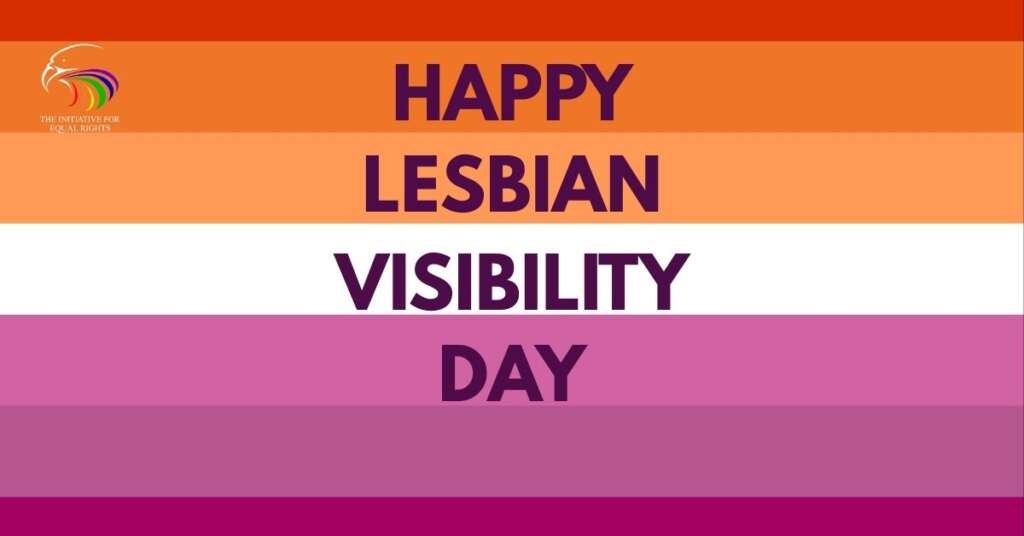When It Rains in Lagos: A Community in Crisis
The rainy season has started in Lagos. The first thing that comes to mind for some is the traffic. For some, it is more car repairs. I remember times when I had to rely on public transport in Lagos, my heart would sink when I heard the sound of rain on a Monday morning.
All these are minor inconveniences compared to what the rain means for others. For marginalized communities in Nigeria, including gender and sexual minorities, the rainy season signifies something more brutal. It signals exposure, illness, and further displacement.
This is because a percentage of persons within these groups are homeless due to unlawful eviction, forced outing, child/dependent abandonment and loss of income from unjust dismissal.
Peace* worked in a restaurant where he was constantly harassed and discriminated against due to his perceived sexual orientation. In January, he was unjustly dismissed without due reason or warning.
On the 2nd of February 2024, Perpetua* was thrown out of their family home for being a transgender non-binary person. Perpetua ran to their cousin’s house and was also kicked out by their family, who tracked them there. This led to them being homeless.
For the past decade, TIERs has consistently documented these human rights violations through its annual Human Rights Violations Report. These reports offer a critical lens into the lived realities of queer individuals and other minorities in a society marked by systemic homophobia, institutionalized queerphobia, and entrenched cultural and gender biases. The 2024 Annual Human Rights Violations Report (Download here)highlights the ongoing harassment, discrimination, and violence endured by queer individuals, underscoring the urgent need for inclusive legal reform and transformative social change.
From 2023 to 2024, there has been a notable increase in these cases, as documented in the 2024 report. These violations persist, even though they stand in direct contradiction to the fundamental rights enshrined in the 1999 Constitution of the Federal Republic of Nigeria.
Similarly, existing national laws that affirm human rights (e.g. the VAPP Act 2015) are often inconsistently applied across states or ignored entirely, resulting in persistent violations by both civilians and state actors, including the police, with little to no recourse for victims. This results in significant enforcement gaps, leaving many vulnerable individuals without adequate legal protection.
To read the full 2024 Annual Human Rights Violations Report (Download here)


